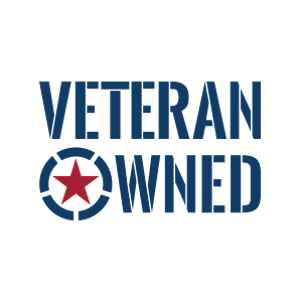Debt is a part of our everyday lives. Whether it be a mortgage, a car loan, or a credit card, all of us likely have some debt. Sometimes, though, possibly through no fault of your own, your debt can become overwhelming; it can make you feel like you’re drowning; struggling to keep your financial head…
Continue reading ›Financial Recovery







